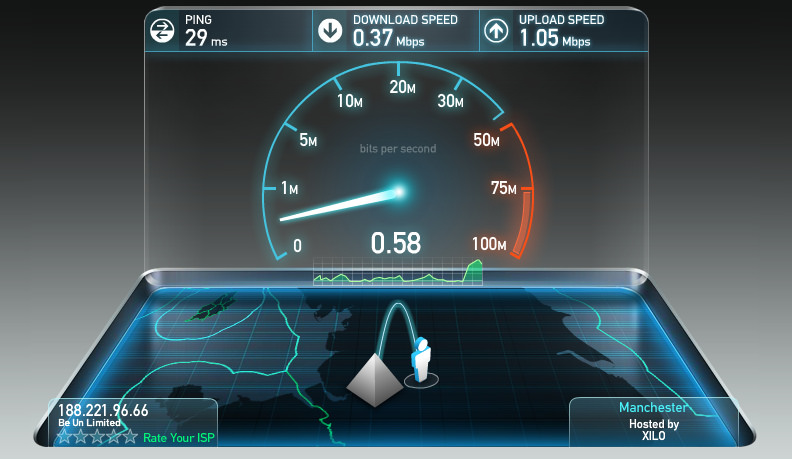Network mapping company OpenSignal today rolled out a new metric called ‘average peak download’ speeds for measuring Quality of Service (QoS) standards offered by telcos in India. It defines ‘average peak speeds’ as a measure of 4G ‘experience’ received by the consumer when the network is at full capacity instead of “the typical everyday experience which is often limited by network congestion and other technical factors.” In this way, average peak speed only accounts for the fastest speeds achieved by the operator between a given time period. MediaNama asked OpenSignal if any of the operators it studies/surveys are its affiliate or advertisers. The company, however, refused to reveal it: “We can't reveal information about our specific customers, but we do sell our analysis and test data to all kinds of companies and entities, including operators and regulators. We anonymize our data so we only provide information relating to the performance of the mobile connection. The methodology used and findings Data was taken from only devices that conducted “multiple automated speed tests in a three-month period” from December 2016 to February 2017. Only the fastest speed test from those devices was considered. For this, the lowest 95% of the results are discarded, leaving only with 5% of the fastest speeds. The average of that top 5% is considered as 'average peak speed' metric. Here is what the company claims to have learnt while deploying the metric in India: Top 3 telco’s peak speeds: Peak speeds for Airtel, Idea and Vodafone are four…































